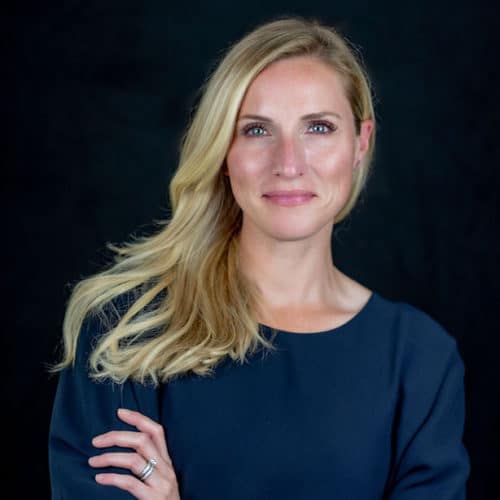Evidence-Based Treatment
Home | How We Treat | Evidence Based Treatment
At Magnolia Creek, evidence-based treatment is at the core of everything we do. At the same time, we take a holistic approach, providing comprehensive treatment in a home-like setting. But what’s sets our evidence-based treatment for eating disorders apart from other treatment programs?
Magnolia Creek’s programs emphasize self-acceptance, validation, and personal empowerment, acknowledging that the client is the most important member of the treatment team. The evidence-based treatment for eating disorders at Magnolia Creek is active rather than passive, collaborative rather than imposed, and personal rather than detached. Our holistic program addresses the medical, nutritional, psychological, spiritual, social-emotional, and behavioral needs of our clients so they can fully recover, not simply manage their eating disorders and co-occurring mental health conditions.

Evidence-Based Therapy Components
Balanced
Our evidence-based treatment model emphasizes both group and individual therapy. Clients have five to eight weekly individual sessions (with their therapist, dietitian, psychiatrist, nurse practitioner/nutritional medicine physician, and clinical director), in addition to 20 to 30 hours of group therapy. These sessions allow clients to dig deep into the root of their eating disorder to find hope and empowerment.
Experiential
In addition to traditional group and individual therapy, our program offers art therapy, yoga, gentle movement, recreational therapies, cooking groups, and other experiential therapies. These varied experiences allow women to heal holistically. They also improve social skills and allow them to practice their learned coping skills.
At Magnolia Creek, we believe that proven, evidence-based methods are the best way to promote healing and growth. A few of these methods include:

REVIEWED BY
Kate Fisch, LCSW
If you’d like to learn more about our evidence-based treatment, our caring staff is ready to help. Call us or fill out the form to get started today.
100% Confidential